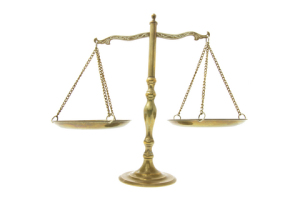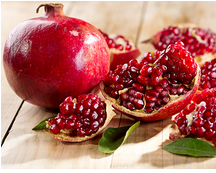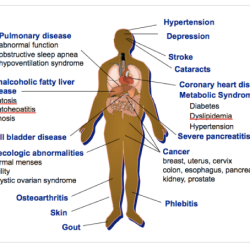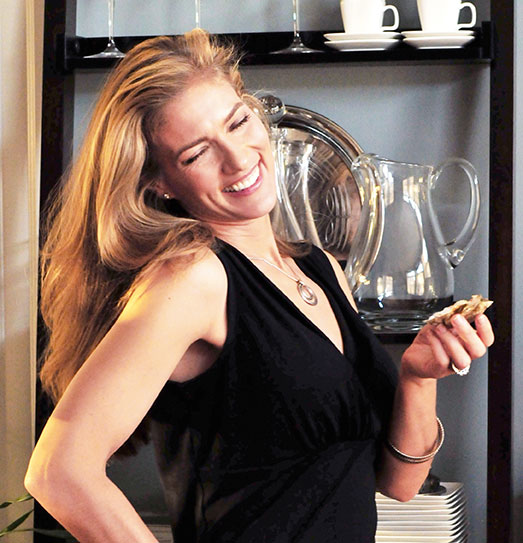Monday, December 12, 2011
Lots of people talk about the the need for extra energy for the holidays to get through the seemingly endless list of things to do, including shopping for gifts, attending festive gatherings, and completing countless other tasks. Many of these activities are enjoyable, for sure. However, they also tend to tax our too-full schedules, often increasing our levels of stress and fatigue. Hence Friday’s post on holiday panic, highlighting the need for chocolate and a nap.
Energy In, Energy Out
 While extra emotional and mental wherewithal is indeed required to survive the season, that’s not exactly the kind of energy to which I’m referring. Rather, I’m talking about energy the way scientists use the terms: energy intake and energy expenditure. In brief, we consume energy when we eat and expend energy for basic metabolic activities and voluntary physical activity. If the two are balanced, we remain in a weight stable condition, which is something our body is very good at doing. We are also excellent at storing energy in the form of adipose tissue, or body fat, which is a mechanism that likely evolved to protect us when food was scarce. As a result, when our energy intake exceeds our energy expenditure—that is, positive energy balance—we gain weight. We continue to gain weight until we change the scale to a negative energy balance, either by reducing energy intake and/or increasing energy expenditure.
While extra emotional and mental wherewithal is indeed required to survive the season, that’s not exactly the kind of energy to which I’m referring. Rather, I’m talking about energy the way scientists use the terms: energy intake and energy expenditure. In brief, we consume energy when we eat and expend energy for basic metabolic activities and voluntary physical activity. If the two are balanced, we remain in a weight stable condition, which is something our body is very good at doing. We are also excellent at storing energy in the form of adipose tissue, or body fat, which is a mechanism that likely evolved to protect us when food was scarce. As a result, when our energy intake exceeds our energy expenditure—that is, positive energy balance—we gain weight. We continue to gain weight until we change the scale to a negative energy balance, either by reducing energy intake and/or increasing energy expenditure.
You understand the basics, I know, but I felt the need to do a little “Weight 101” to introduce the topic. And for more information, check out this page with links to various articles on weight, health, and nutrition topics. Certainly the topic of weight has come up in many of my posts before now, but in the final weeks of the year I’ll be bring it to the forefront as we all face that dreaded topic: how to stave off holiday weight gain.
All I Want for Christmas … is Not to Gain Ten Pounds
I know that sounds rather vain, though it’s not at all my intent. Far from being trite, research has shown that people do in fact gain weight between Thanksgiving and the New Year, which can lead to a more serious problem over time if holiday pounds aren’t shed and accumulate year after year. As I’ve said, weight is a matter of health, and we are all vulnerable to overconsumption and sedentarism in today’s food and physical activity environments. Matters are amplified over the holidays, with limited time for regular fitness routines and sumptuous holiday treats at every turn. (This assumes you have a fitness routine. No judgment if you don’t, but it’s never too late to start.)
As tempting as it is to skip workouts and eat eight Christmas cookies in one sitting—and I’m talking about myself here—the fact is that we’re all better off avoiding that age-old new year’s resolution of getting in shape and losing weight by preventing weight gain in the first place. This is not to say that I won’t have science-y things to say on dieting and weight loss in January, because I’m a realist. But losing weight is incredibly difficult, so whatever strategies we can employ this holiday season to combat creeping kilograms would be helpful, right? To that end, some of my posts in the next three weeks will address this topic either directly or indirectly, with the goal of bringing humor, empathy, and solid science to the subject. Let’s hope I can come up with something pithier and more informative than all those annoying commercials for fitness clubs this time of year, chastising “Get to the gym!” As if we don’t know that already! Eeesh.
I won’t be talking just about weight, for goodness’ sake. What do you think I am, the nutrition grinch? I’m reminded of an article I read last year from a dietitian berating baked brie, which is one of my personal favorites. I think it’s really quite fine to have it once a year and I have a fantastic recipe that involves dried fruit, toasted walnuts, bourbon, and brown sugar. I also have a wonderful eggnog recipe, which is made with soy and skim milk and no one is the wiser. And you are already fully aware of my love for holiday baking and chocolate, like dark chocolate biscotti made a bit healthier with whole grains. Need I say more? No matter how much I tell people I’m a moderate when it comes to such things, they still feel they need to apologize for eating cake in front of me – without offering me a piece, I might add. Hmph!
Aside from seasonal favorites like those above, I still owe you a few posts on salads and seafood, all of which are in progress. Those salubrious dishes are great complements to round out the other, er, weighty issues I will discuss, because eating nutritious food is as important during the holidays as it is at any other time. I think it’s actually even more critical, as greater attention is needed when planning what to cook in our own kitchen as so much is out of our control when we dine outside the home.
Anyway, why are you still sitting here reading? Get out and do something!




